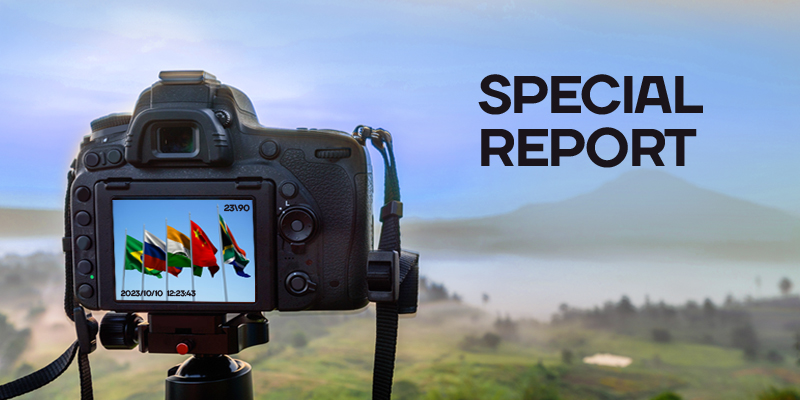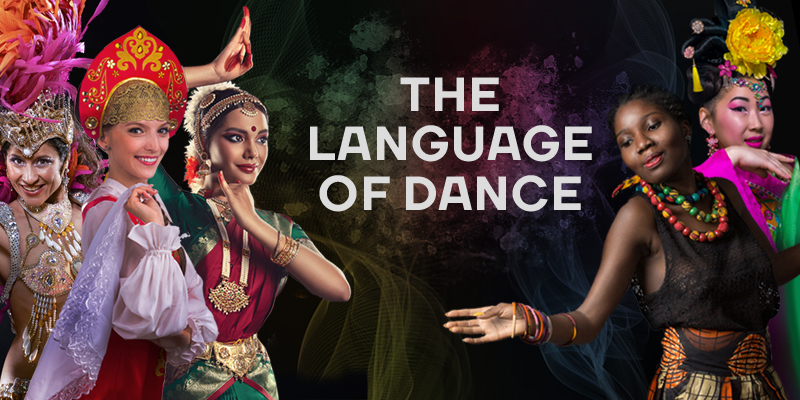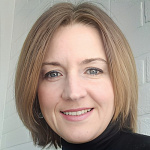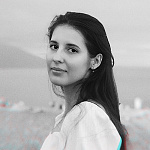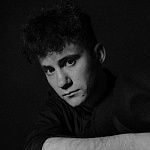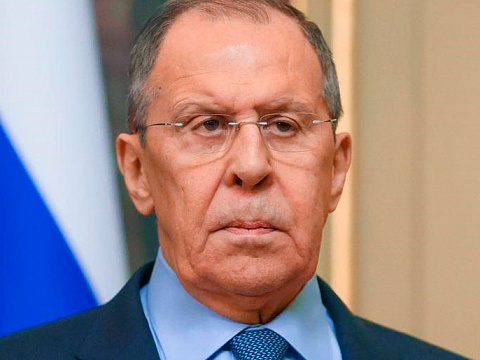Hypoactive and Hyperactive Thyroid: How to Reveal and What to Do? - Mikhail Zabotin
Until the first half of the 19th century, thyroid gland received very little attention from physicians. In the 2nd century AD, Claudius Galen assumed that this organ serves to release fluid that lubricates the larynx, and until the 18th century, this opinion was considered absolutely correct.
Only in the 19th century, they described cases of decrease (hypothyroidism) and increase (hyperthyroidism) in thyroid gland function accompanied by the development of major and dangerous diseases.
Thyroid gland is an organ of the endocrine system that secretes hormones into the blood - thyroxine (T4) and triiodothyronine (T3) involved in metabolic control and the growth of certain cells, and calcitonin involved in calcium and phosphorus metabolism and bone formation.

Such condition as hypothyroidism is caused by insufficient thyroid hormone synthesis and slow metabolism and is most often accompanied by the following complaints:
Hyperthyroidism, or increased function of the gland, is usually accompanied by an accelerated metabolism and complaints such as:
- palpitations, heart rhythm disorders
- weight loss despite good appetite
- hot flashes, sweating and intolerance to warmth and hot climate, increased body temperature
- diarrhea
- finger tremor and whole body shivering
- anxiety and irritability
- some diseases are accompanied by exophthalmos or goggle eyes, eye redness and increased lacrimation
- extreme manifestation of hyperthyroidism is thyrotoxicosis.

Until the end of the 20th century, thyroid diseases were treated without laboratory control. In the 1940s, an American physician Broda Otto Barnes proposed a very interesting and affordable temperature test for detecting thyroid pathology. For authenticity and reliability, it is advisable to use a non-electronic (mercury) thermometer and observe the following simple rules:
- measure the temperature under the armpit or in the mouth immediately after waking up, while still in bed
- measure it for three days
- on the days of the test, one should not be sick with acute diseases or exacerbations of chronic diseases, take medications (especially antipyretic or pain relievers), drink alcohol the day before
- get enough sleep.

Test results are quite easy to assess:
This test is almost never used by modern doctors. A blood test for thyroid hormones (T4 and T3), as well as, in most cases, a pituitary thyroid stimulating hormone (TSH) test are the most accurate tests for detecting thyroid dysfunction (hypo- or hyperthyroidism).
But if you still have a combination of the above complaints and for some reason cannot visit a doctor, performing a temperature test will help, with a certain degree of probability, assess the function of the thyroid gland and ultimately set you up for visiting a medical center.
Endocrinologist Mikhail Zabotin.
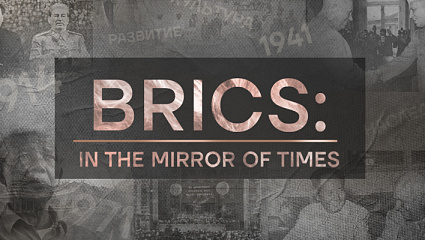
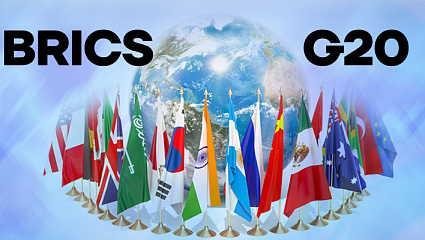


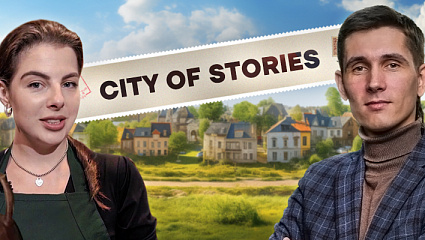
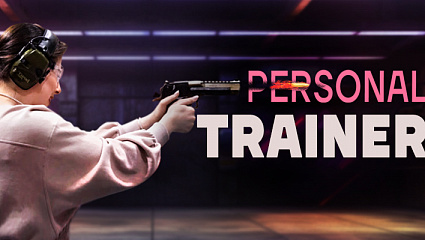

 DIGITAL WORLD
DIGITAL WORLD









